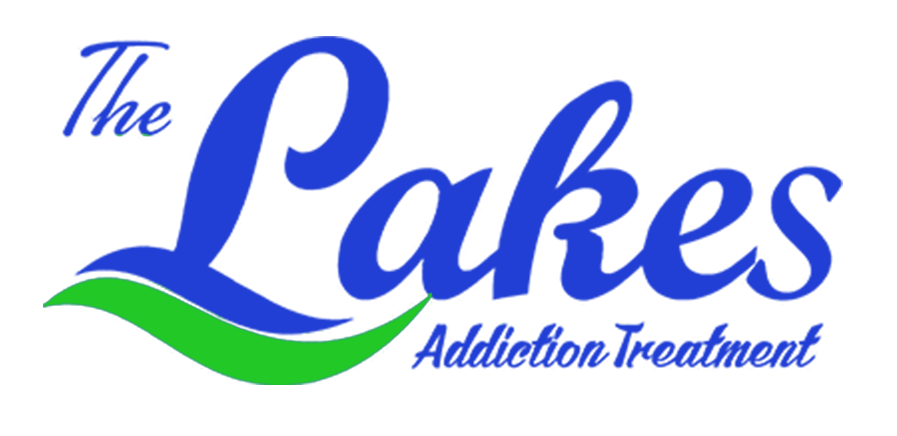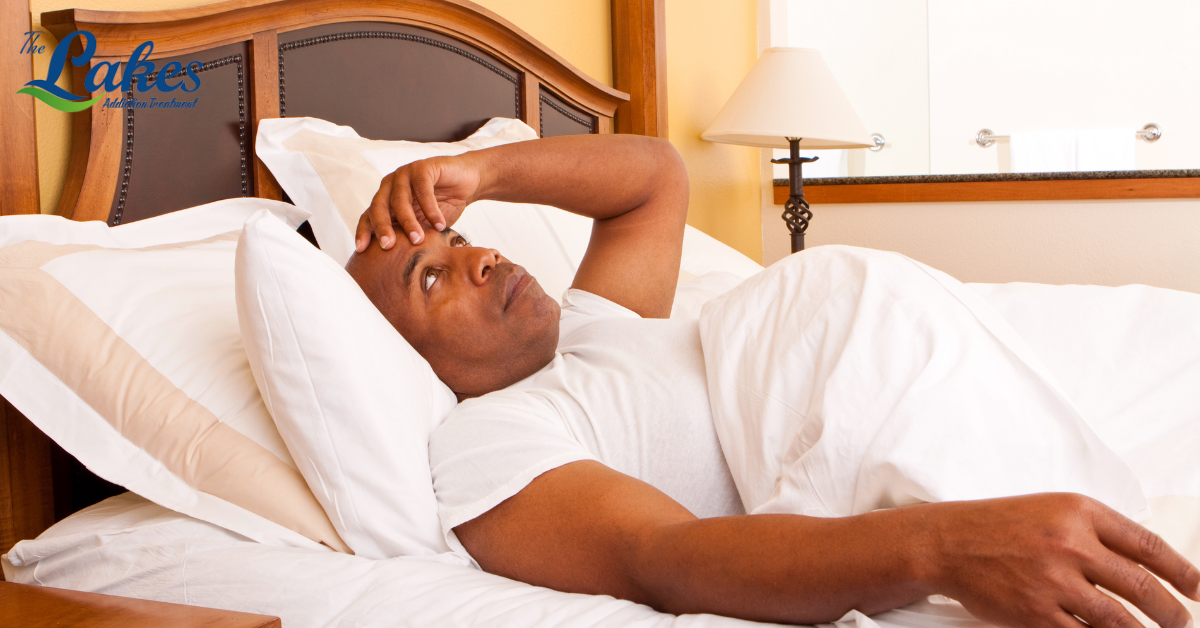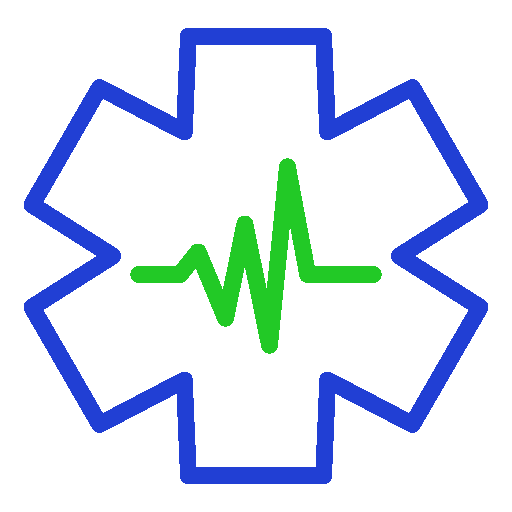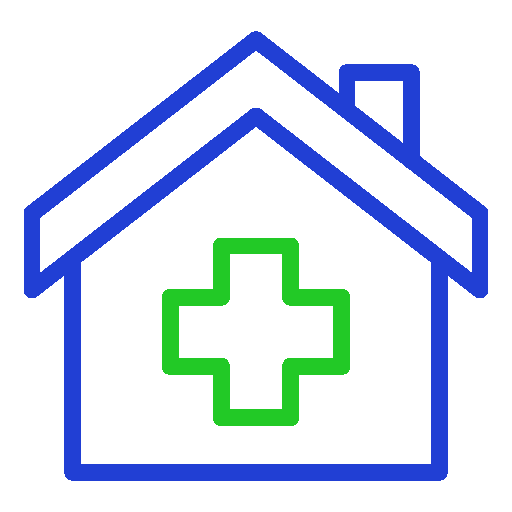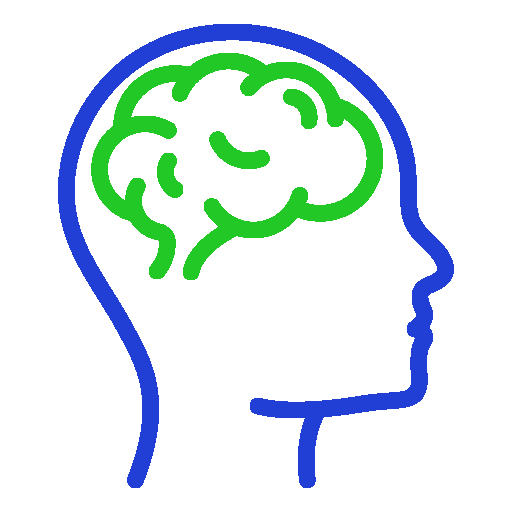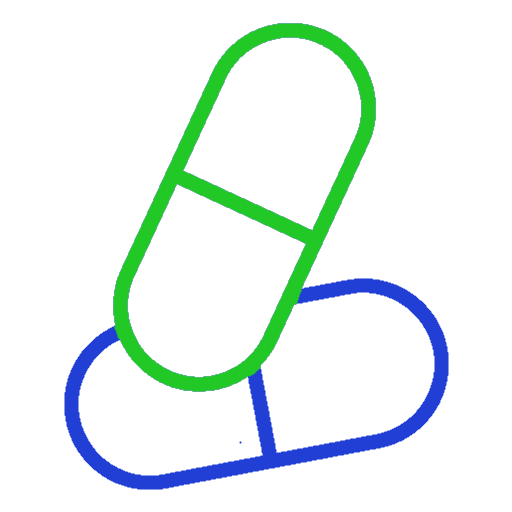During Addiction Recovery, getting enough quality sleep is essential for physical, mental, and emotional health. Not only does sleep improve your ability to cope with stress, but it can also increase the effectiveness of treatment and help you stay on track toward recovery. In honor of Sleep Awareness Week, let’s take a look at how lack of sleep affects the body during addiction recovery, as well as how to get better sleep and improve your overall recovery process.
The Effects of Lack of Sleep on the Body
Lack of sleep can have serious consequences on the body. It can cause physical symptoms such as headaches, fatigue, and a weakened immune system; psychological symptoms such as anxiety, depression, and irritability; and emotional problems such as difficulty concentrating or making decisions. All these factors are extremely important during addiction recovery because they can leave you feeling vulnerable to relapse or other negative behaviors.
Sleep Deprivation & Relapse
Studies show that people who don’t get enough sleep are more likely to relapse than those who get enough restful sleep throughout the night. This is because lack of sleep has been linked to increased cravings for drugs or alcohol due to brain chemistry changes caused by insufficient sleep. Additionally, without a proper restful sleep, it’s much harder to focus on managing cravings and implementing healthy coping mechanisms like exercise or meditation, which are key components for successful long-term recovery.
How to Improve Sleep During Addiction Recovery
Fortunately, you can take steps to ensure you get quality restful sleep during addiction recovery to avoid relapse and stay on track with your goals. These include avoiding caffeine after lunchtime (which can make it difficult to fall asleep), exercising regularly (which helps reduce stress levels), limiting screen time before bed (to reduce stimulation), setting a consistent nighttime routine (to train your body when it’s time for bed) and not going to bed until you feel tired (this will help prevent tossing and turning all night). Additionally, speaking with a therapist or doctor about any underlying issues which may be impacting your ability to fall asleep is also recommended in order to create a comprehensive plan tailored specifically for you as an individual.
Seeking Professional Addiction Recovery Support
With the right treatment plan in place, it’s possible to successfully recover from addiction with improved mental health while also improving your sleeping habits along the way. Quality restful sleep is essential during this time because it helps manage stress levels while also reducing cravings for drugs or alcohol, which increases your chances for successful long-term sobriety. To ensure that you’re getting quality restful sleep during addiction recovery, follow the tips mentioned above and be sure to speak with a medical professional if needed so that they can help create a personalized plan tailored specifically for you!
For all of your recovery needs and questions, contact The Lakes Treatment Center at (209) 309-3573!
